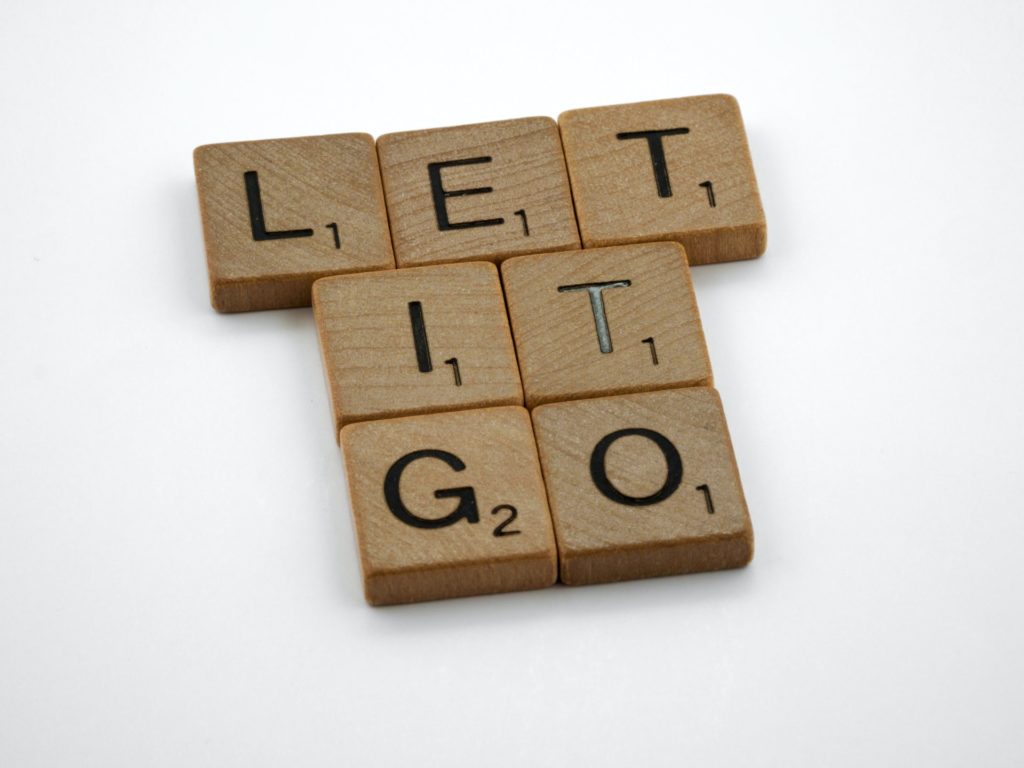Take Nothing Personally

Hello and welcome to… Thursday. Seriously, it’s Thursday again? I wrote about my issues with Thursdays in this post, where I determined not to wish the day away, and this one, where I was reminded that it’s important to have a sense of humor. This week, I’ve been thinking about my number one coping strategy for life. In order to explain how I got to this point, I have to tell you about my dad. I know people often complain about their parents, but my dad was truly one of the most difficult people in the world. He was hard to communicate with, said all sorts of weird and inappropriate things, and would unexpectedly become angry and defensive. A “conversation” with my dad was more like a lecture- he could tell you all about Charlie Parker or Abraham Lincoln- or an interview. If he saw me with a book (which I avoided as much as possible, trying to slink around with my books unnoticed) he would ask for the title, the main character, the plot and- my favorite- the theme of the book. If the book was on the lighter side, he would suggest that I read something more challenging. Here’s an example of an inappropriate comment. I was in my early twenties and had just broken up with a boyfriend. My dad said “I just can’t believe you broke up with Andy!” I asked why he was so surprised and he said “Well, I always thought Andy would break up with you!” OH? And why is that? His response: “Because Andy was so good looking.” I mean… who says that? Out loud? To their daughter? Another time I told him what I had decided on for a career and he said “Oh well… you can always get married.” I could go on and on, but you get the idea. As you can imagine, I grew up with a lot of anger towards him. And guilt. It was confusing- every book and movie seemed to show loving father-daughter relationships. Even when daughters were fighting with their dads, it still seemed like they were communicating in a way that my dad and I just couldn’t. Every once in a while I would try to get past our adversarial relationship and have a real heart-to-heart talk with him, but the only way I can explain it is, if the line of communication was like a chain between us, there was a link mysteriously missing. This went on for almost his whole life. Then one day, when my dad was in his eighties, I read an article about someone with Asperger’s Syndrome. This person sounded almost identical to my dad, and I literally felt a chill going down my spine. Suddenly all the pieces fell into place. Of course my dad would never have known he had Asperger’s, because it wasn’t a diagnosed condition until he was well into his adult years. But it was clear to me that’s what he had, and I realized how frustrating his life must have been, how he must have struggled with all his relationships, and wondered why everyone always got so angry with him. Most importantly, I realized that none of his “terrible” comments ever had anything to do with me at all- it had always been about him, and his inability to communicate properly. There was nothing for me to be angry about, because he truly couldn’t help it. From that day on, I felt like I was living in a parallel reality. My dad would say something strange to me, and I could imagine my old reaction, what I would have said back and how it would turn out, but I could also see things in this completely new light, where he was doing his best with the limitations he had. Since I didn’t take it personally, I didn’t get angry, and when I stopped being angry with him, he became less antagonistic towards me as well. I only had my dad for one more year after that, but for that year we were the closest we had ever been. We weren’t truly close- there was still that missing link in the chain that was never going to change- but the way I would describe it is, it felt like we were on the same team for the first time, instead of fighting against each other. If I could navigate through one of the most difficult relationships imaginable to a satisfying outcome, I feel like I can handle anything that my boss, co-workers, or challenging clients can throw my way. The truth is that nothing is personal against us- other people are all grappling with their own issues, and whatever they say to us is all about them. Life is so much easier when you realize that. Julie Piatt once said, “The most difficult relationship of your life is also the most important.” From my dad, I learned to take nothing personally. After all the years of arguing, anger, and hurt feelings, my dad would be astonished- and pleased, I’m pretty sure- if he knew that my relationship with him was the most important, in the end. Do you have a difficult person in your life? Which relationship do you think is your most important one?